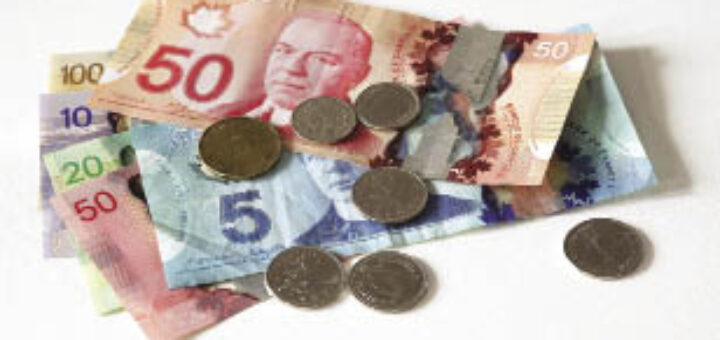Economic outlook during COVID-19 pandemic revealed across all levels of government

By Noel Harper, News Editor
As the second wave of COVID-19 continues to drastically affect all levels of government in Canada, November granted Calgarians a peek at how their municipal, provincial and federal leaders alike are dealing with the economic impact of the pandemic and other ongoing issues.
The City of Calgary passed its 2021 budget adjustments on Nov. 26, offering taxpayers an overall decrease of 1.77 per cent, following $90 million in budget reductions proposed by city administration.
“Thanks to a lot of really hard work by city administration, we were able to achieve that tax decrease without massive changes to the services people need every day in the midst of a pandemic,” said Mayor Naheed Nenshi.
Originally, a three per cent tax decrease was considered for the city before the impacts of COVID-19. Of full-time city workers, 162 will lose their jobs due to budget cuts.
Notable about this year’s budget deliberations at the local level was the spotlight put on police funding. For months leading up to November, council considered defunding the Calgary Police Service by five per cent over the next two years, putting the resulting $20 million into community-based safety initiatives.
Police Chief Mark Neufeld himself considered re-allocating funds from the service, saying that, “Over the years, we’ve become the default first responders for a variety of social issues.”
Ultimately, however, police funding was neither increased or decreased. Instead, $8 million in reserve funding will go to a community safety framework for crisis-related issues.
Meanwhile, ahead of the next upcoming provincial budget in February 2021, the Alberta government offered a glimpse at the books as part of its mid-year fiscal update. The province has shaved $2.8 billion from its projected deficit, which remains at $21.3 billion heading into the next fiscal year.
Alberta Finance Minister Travis Toews conceded that the province’s plan to balance the budget by the end of the current government’s term in 2023 has become less likely, given not only the COVID-19 pandemic, but the continued economic downturn and decreased oil prices.
“Reluctantly, but necessarily, we will have to delay balancing the budget,” Toews said.
Alberta’s previous budget, tabled just weeks before the start of the pandemic, projected a deficit of $6.8 billion. The province is forecasting $4.8 billion in COVID-19-related relief funding this year.
Going forward, Toews said, the province will focus on future plans to balance the budget following the effects of COVID-19, as well as bringing spending in line with other provinces, in what he describes as fiscal “anchors.”
A projection of nearly $3 billion more in revenue than was predicted last quarter is in part due to federal transfers. The Alberta government is set to receive $6.6 billion through major transfers from the federal government this fiscal year.
Speaking of, the Canadian federal government’s recent economic statement revealed a projected deficit of at least $381 billion, as it continues to financially support the nation through the pandemic. The deficit could go as high as $398 billion depending on the nature of COVID-19’s second wave.
“This is the most severe challenge our country has faced since the Second World War,” federal Finance Minister and Deputy Prime Minister Chrystia Freeland said of the nearly ten-fold deficit increase since the government’s previous budget.
Since March, the federal government has spent a total of $322 billion in COVID-19 aid measures. It aims to cut up to $260.4 billion from its deficit by the next fiscal year.
Pandemic-related spending shows no signs of slowing down, as the government announced $25.1 billion in new measures for businesses impacted by COVID-19 and to help the economy after the pandemic has passed as part of the economic statement.
Also on its way is $1 billion for long-term care and senior care facilities across the country to improve infection control over the next three years. The federal government says it is prepared to spend up to $100 billion over the next three years as a post-pandemic stimulus package.




